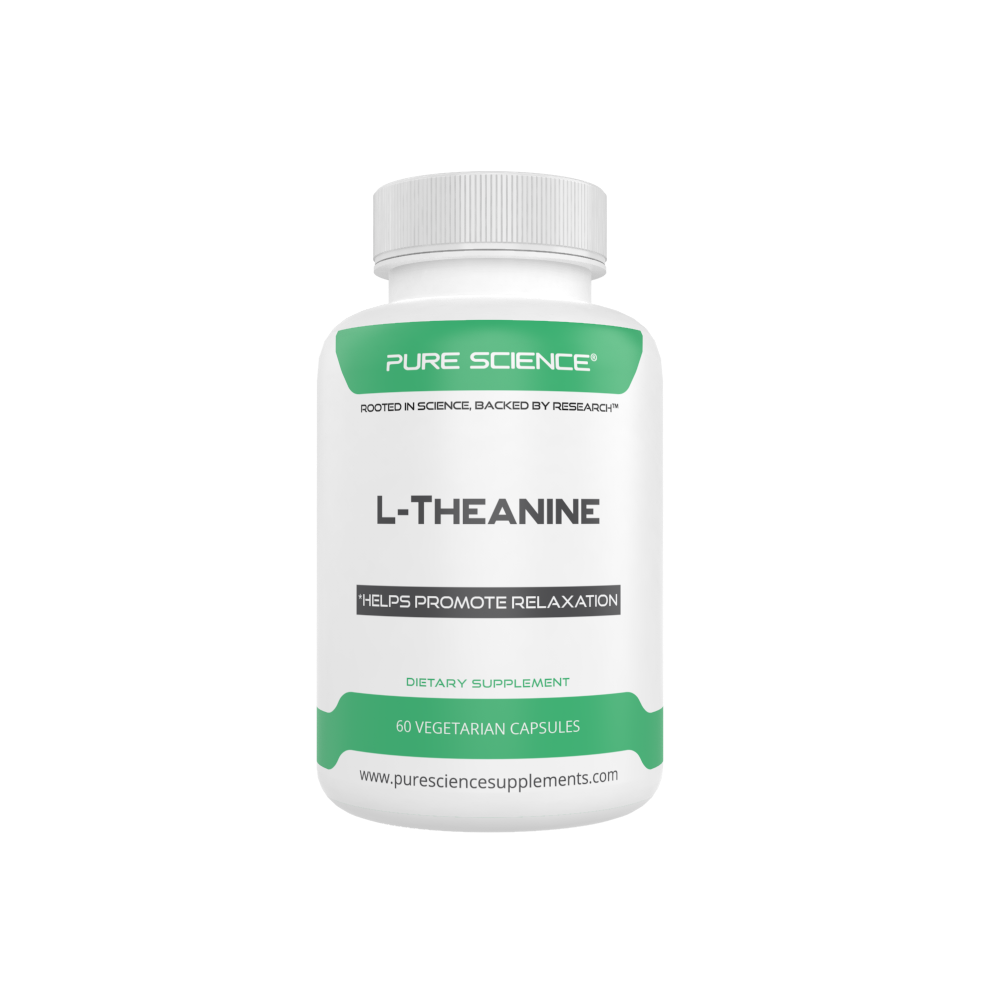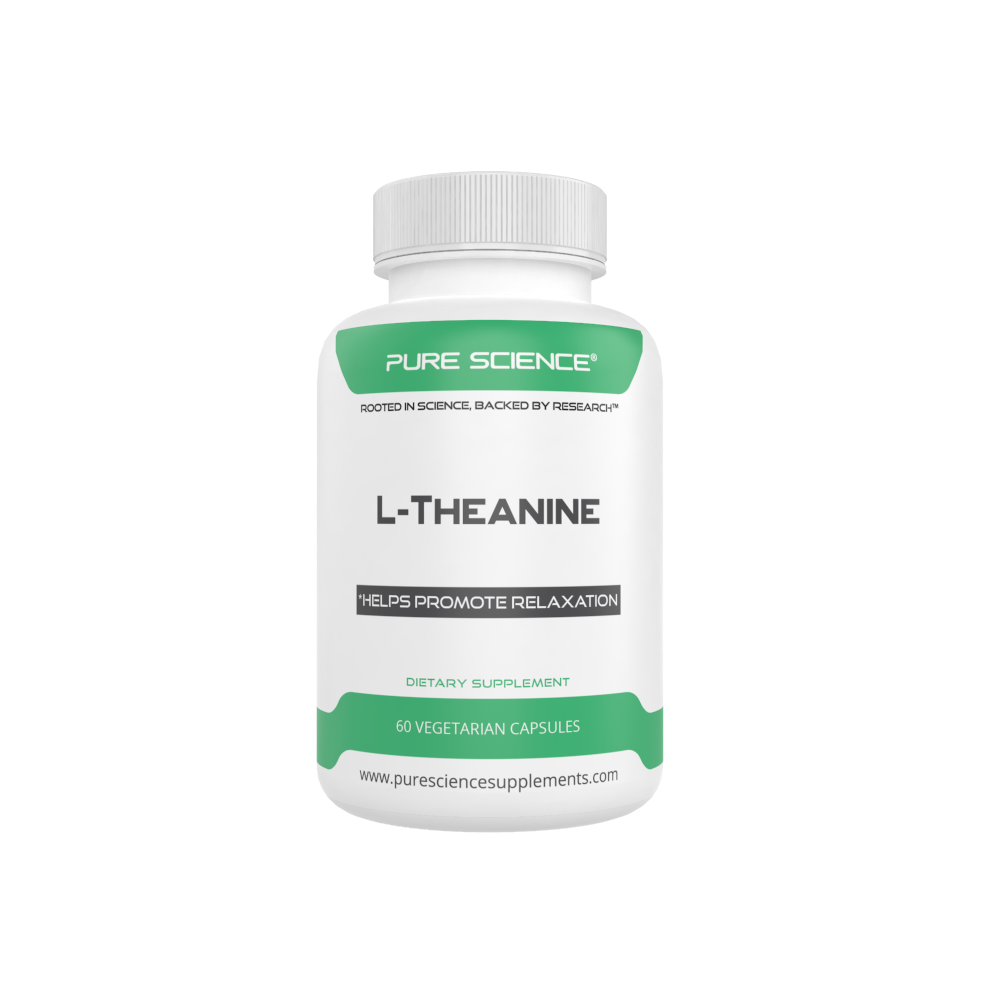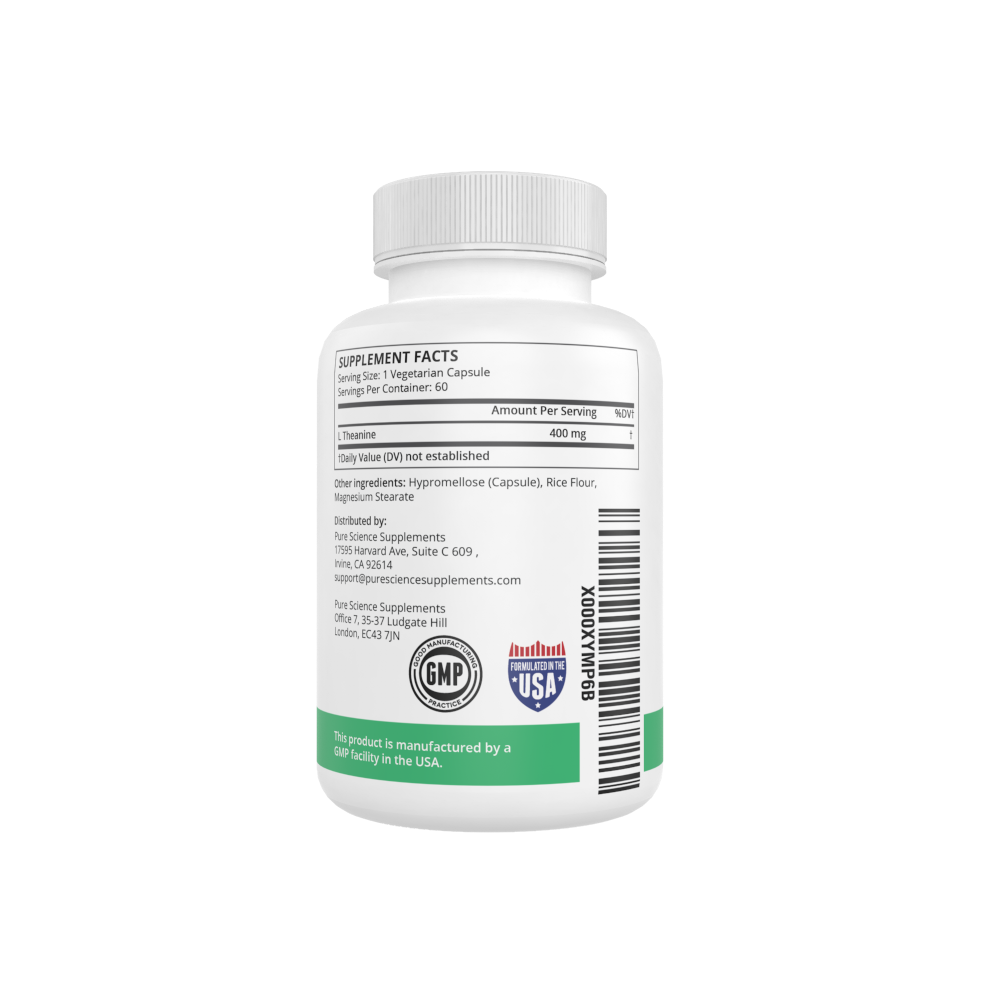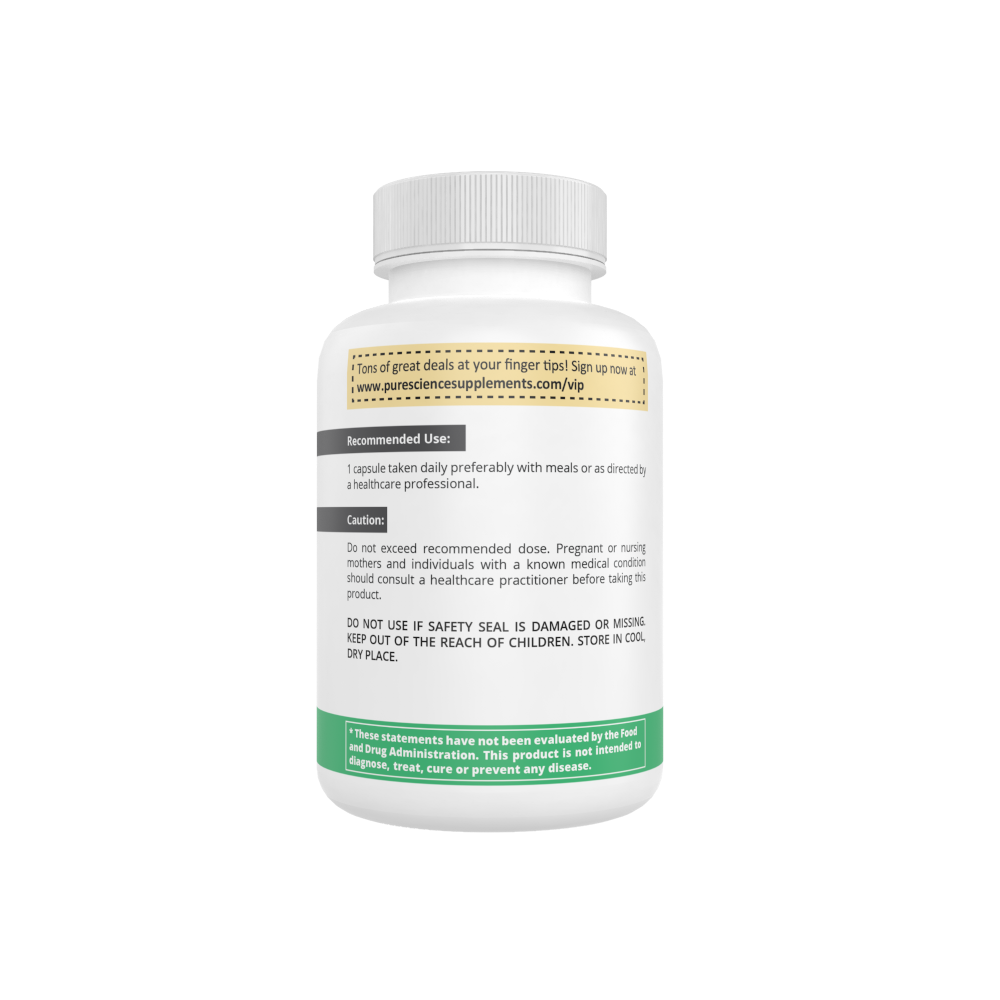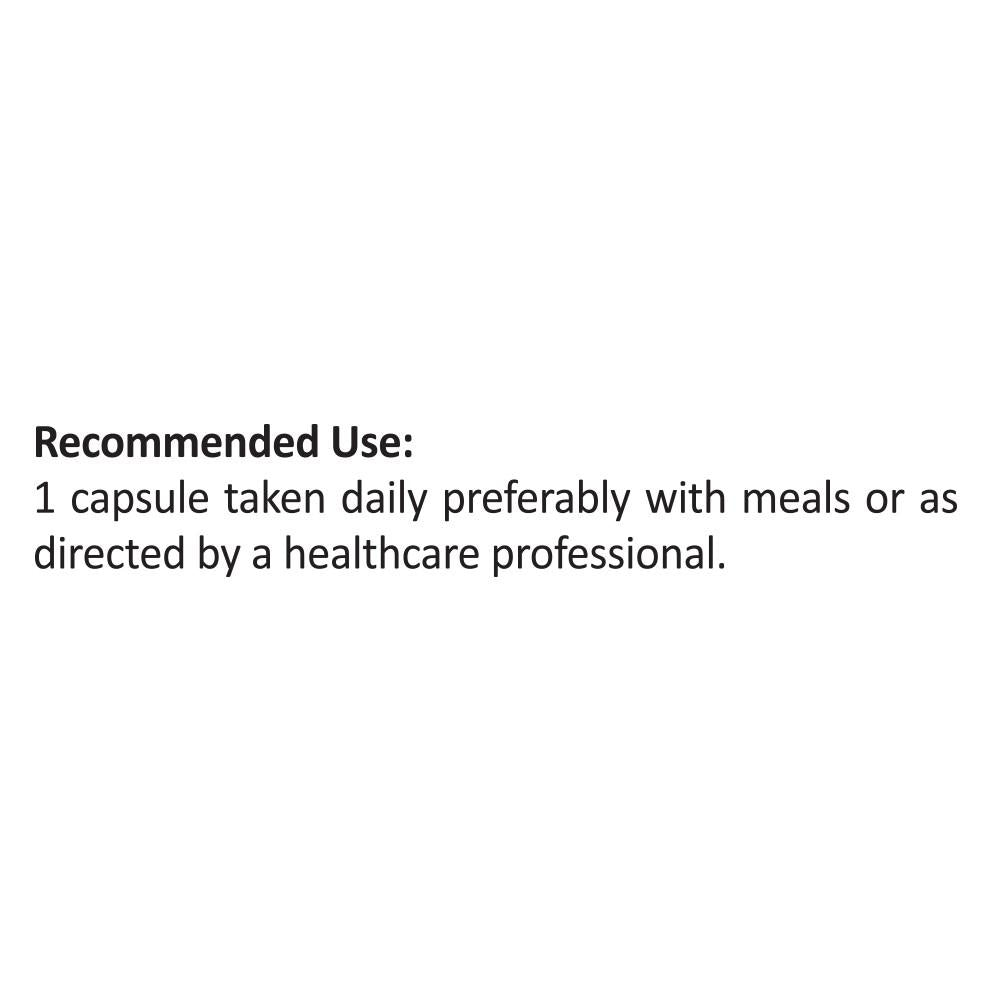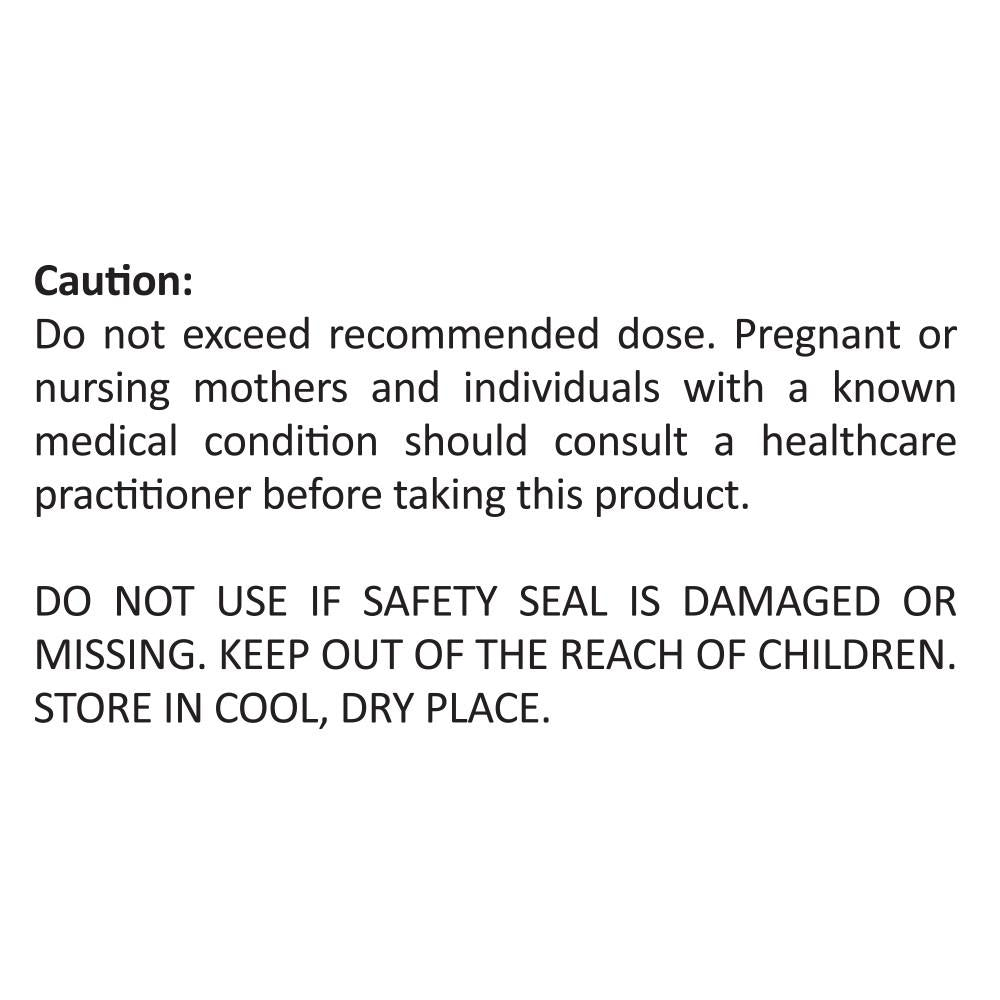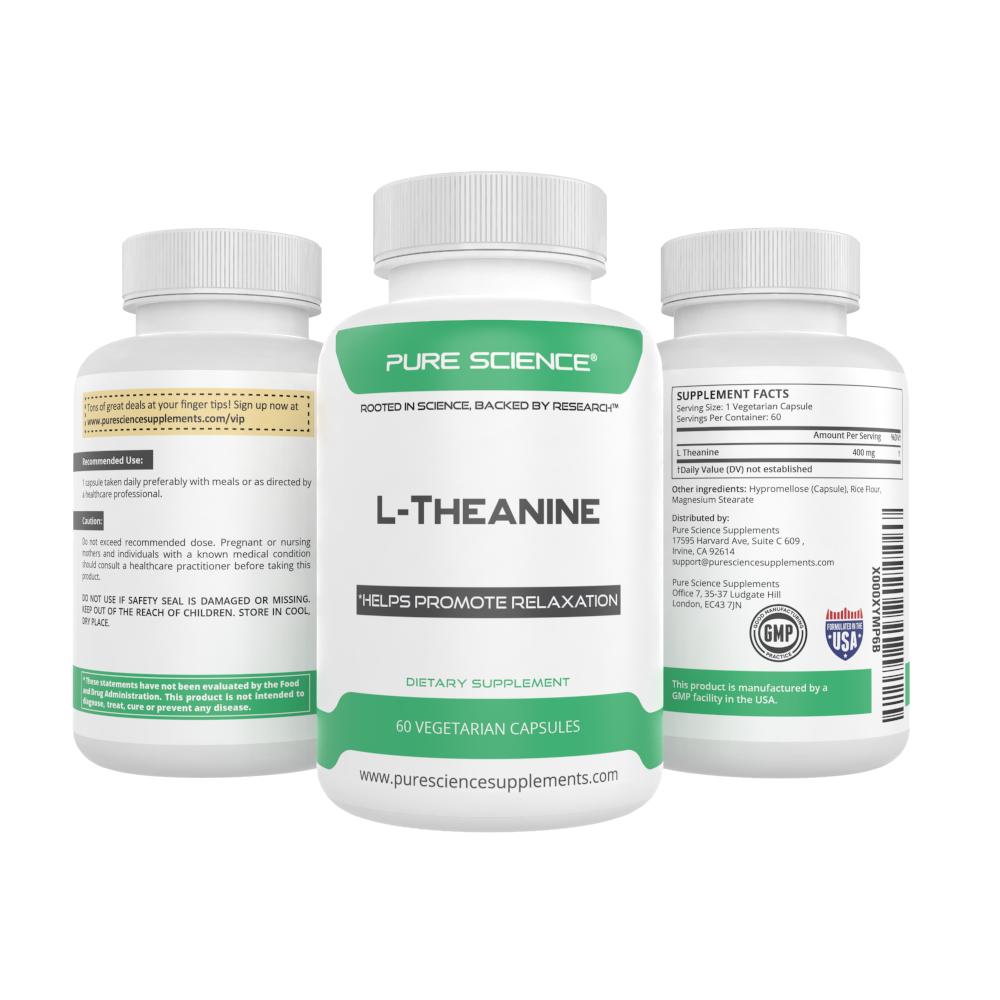L-theanine is an amino acid that can be found in tea leaves and some types of mushrooms in their natural state. Due to its potential health benefits, particularly its ability to improve cognitive function and brain health, it has gained increased notoriety in recent years. L-theanine is widely consumed as a supplement to promote relaxation and lessen stress since it has been shown to support the development of alpha waves in the brain, which are associated to a state of relaxation. L-theanine may help the brain in ways other than only reducing stress and promoting relaxation. A few signs of cognitive decline include memory loss, difficulty making choices and solving issues, and a decline in general cognitive function. L-theanine might be helpful to reduce.
History
Japanese researchers discovered L-theanine in tea leaves for the first time in 1949, and it took until 1964 for the chemical structure to be fully understood. With a few varieties of mushrooms containing trace levels, it is nearly primarily found in tea. Since it has been demonstrated that L-theanine supports the generation of alpha waves in the brain, which are linked to a state of relaxation, it is frequently taken as a supplement to encourage relaxation and reduce stress.
How it works
Several hypotheses have been put forth, but the precise processes underlying L-putative theanine's neuroprotective actions are not yet fully understood. According to one idea, L-theanine aids in the creation of several neurotransmitters that are crucial for mood regulation and cognitive function, including serotonin and dopamine. These neurotransmitters have a role in intercellular communication and can enhance general brain function.
L-theanine may also aid in defending against oxidative stress and inflammation in the body, which can impair cognitive function. Damage to cells and tissues results from oxidative stress, which happens when there is an imbalance between the body's ability to produce free radicals and its capacity to do so. Although persistent inflammation has been related to a number of disorders, including cognitive loss, it is a normal immunological response to injury or infection. L-theanine may be able to lessen brain inflammation and oxidative stress, which could guard against cognitive loss.
According to a different notion, L-theanine may contribute to increased brain blood flow, which can assist brain function. L-theanine may assist to relax blood vessels and increase blood flow to the brain, which may enhance cognitive function, according to some research.
Overall, additional investigation is required to completely comprehend how L-theanine supports cognitive function and brain health in the body. The research that is now available, however, points to a potential natural chemical for promoting brain health and cognitive performance.
Studies and result
On L-potential theanine's for neuroprotection, numerous investigations have been done. According to a study that appeared in the Journal of Nutritional Science and Vitaminology, L-theanine helped elderly people with mild cognitive impairment. 48 participants in the research received either 200 mg of L-theanine or a placebo every day for 16 weeks. Compared to the placebo group, the participants who received L-theanine shown considerable gains in attention, memory, and general cognitive performance.
Another study demonstrated that L-theanine guarded against memory loss in mice produced by amyloid beta, a protein linked to the onset of Alzheimer's disease. This research was published in the Journal of Medicinal Food. According to the research, L-theanine enhanced memory in mice and decreased amyloid beta levels in their brains.
L-theanine may have neuroprotective properties, according to other studies. For instance, a study in the journal Free Radical Research found that L-theanine improved cognitive function and decreased depressive symptoms in mice exposed to chronic psychosocial stress, and a study in the journal Neurosciences found that L-theanine helped to protect against neuron damage in mice with ischemic stroke.
Overall, the data points to L-theanine as a potential natural supplement for promoting brain health and cognitive performance. It may also have neuroprotective properties. To completely comprehend the processes underlying these effects and to establish the ideal L-theanine supplementation dosage and duration, more research is nonetheless required.
Recommended Dosage
Depending on the individual and the intended application, different L-theanine doses may be advised. L-theanine is generally regarded as safe and well-tolerated, with few side effects being reported.
A typical L-theanine dosage for the treatment of stress and anxiety is 200–400 mg per day. Up to 600 mg per day has been used in certain studies, but additional study is required to determine the safety and efficacy of these higher levels.
A typical L-theanine dosage for sleep enhancement is 100–200 mg before bed.
A typical L-theanine dosage for the enhancement of cognitive function is 100–200 mg per day. Higher dosages of up to 400 mg per day have been utilized in certain studies, but further study is required to determine the safety and efficacy of these higher concentrations.
It's crucial to remember that L-theanine is not meant to take the place of any prescription drugs or medical care. In order to discover the right dosage and to make sure that L-theanine is safe and suitable for you, it is crucial to consult your healthcare practitioner if you are thinking about using it to treat a specific medical problem.
Conclusion
L-theanine may be a promising natural substance for promoting brain health and cognitive function, but additional investigation is required to fully understand the mechanisms underlying its possible neuroprotective effects.
Reference
- Yokogoshi H, Kato Y, Sagesaka YM, et al. Reduction effect of theanine on blood pressure and brain 5-hydroxyindoles in spontaneously hypertensive rats. Biosci Biotechnol Biochem. 1995;59(4):615-618.
- Kimura K, Ozeki M, Juneja LR, Ohira H. L-Theanine reduces psychological and physiological stress responses. Biol Psychol. 2007;74(1):39-45.
- Suzuki A, Kagawa D, Kimura K, et al. L-Theanine, an amino acid in green tea, attenuates alpha-wave induction by auditory stimulation in humans. Neurosci Lett. 2007;409(2):97-101.
- Kakuda T. Neuroprotective effects of the green tea component, L-theanine. Biol Pharm Bull. 2002;25(8):1149-1152.
- Unno K, Fujitani K, Takamori N, et al. Theanine intake improves the shortened lifespan, cognitive dysfunction and behavioural depression that are induced by chronic psychosocial stress in mice. Free Radic Res. 2011;45(8):966-974.


